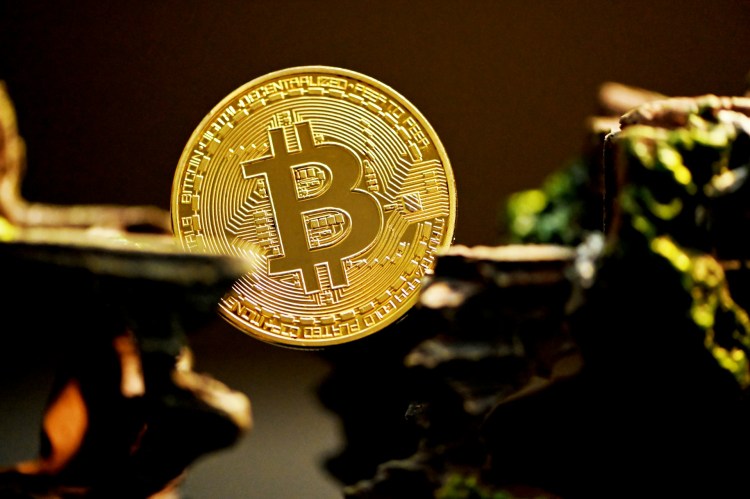Reason to trust

How Our News is Made
Strict editorial policy that focuses on accuracy, relevance, and impartiality
Ad discliamer
Morbi pretium leo et nisl aliquam mollis. Quisque arcu lorem, ultricies quis pellentesque nec, ullamcorper eu odio.
Politicians in the United States will likely strike a deal and raise the government’s $31.4 trillion debt ceiling for two more years. Amid this debate, the price of Bitcoin is firm but lower, tracking below the psychological $30,000 level as bulls recover after posting sharp losses mid-this week.
The Debt Ceiling Debate
There are reports that there will be more discretionary spending on the military and veterans with the reduction of other sectors.
Moreover, there are unconfirmed reports that the Biden administration will likely not fund the Internal Revenue Service (IRS) to boost collection, as laid out earlier.
Instead, the immediate focus will be to hire more auditors and target wealthy citizens.
There are concerns that the Treasury Department and the United States government will default on their obligation as soon as the first half of June 2023.
Even though highly unlikely, as the Treasury Department has said it will liquidate $119 billion of debt on that day, the market is watching how discussions pan out.
Bitcoin is firming up after losses on May 24.
As a deal is reportedly struck and consensus reached, politicians would once again lift the debt ceiling, sending mixed signals to the economy.
Unlike in previous years when top cryptocurrencies were decoupled from the mainstream economy, things have changed as Bitcoin’s prominence rises.
Will Bitcoin Benefit?
BTC prices will likely rally if there is an instance of default brought about by politicians disagreeing on the way forward.
On the reverse side, a deal that addresses concerns brought by the negotiating parties could signal confidence in the economy despite more debt on the table.
This averts a crisis and keeps operations running, removing uncertainty and stabilizing the economy.
In that case, the USD could strengthen, possibly reversing gains by Bitcoin bulls in the last two trading days.
Still, the crypto community remains bullish on Bitcoin considering macroeconomic events and next year’s halving.
After months of steady interest rate hikes, the United States Federal Reserve could slow down rate increments in the next meeting in mid-June. Their action could support the commodities and securities markets.
At the same time, the expected supply shock following the halving of Bitcoin miner rewards could make BTC scarcer, driving prices even higher.
Miners are special nodes tasked with confirming transactions and decentralizing the network.
If past price action can be used to predict future formations, BTC’s prospects look positive. Before the rally of 2020 to 2021, BTC prices bottomed up in 2018 and rose in 2019 before the halving event 2020.
The same pattern may be repeated through to 2024 when Bitcoin halving occurs.





















